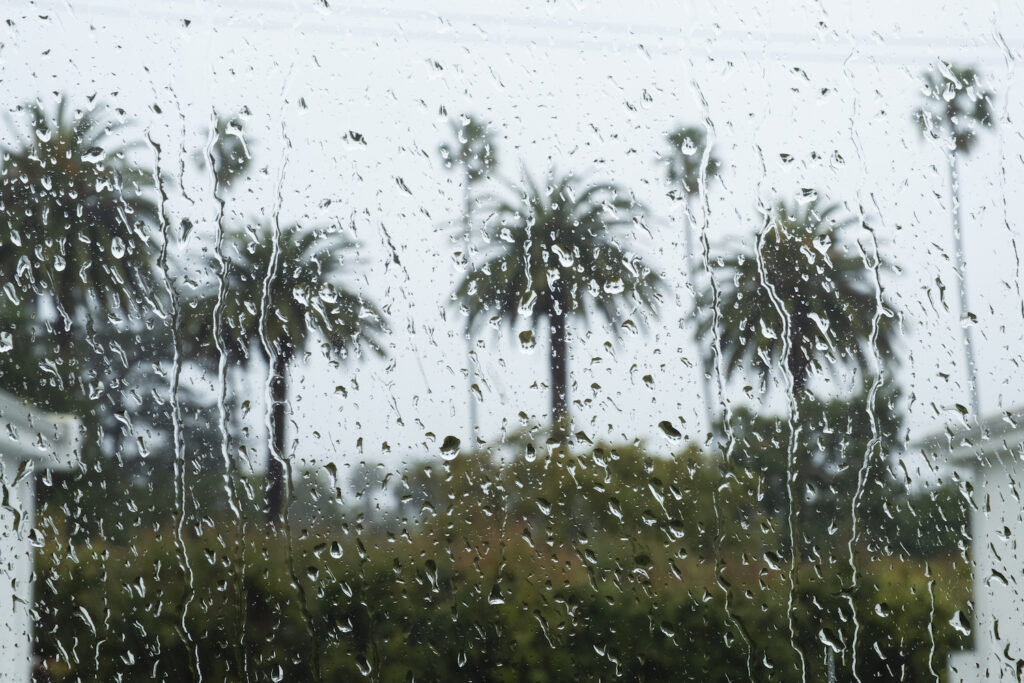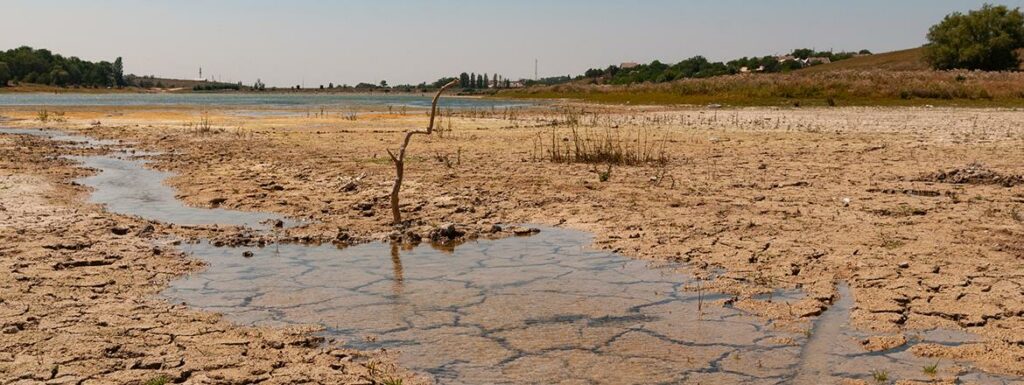Among the curiosities of the winter of 2023-24 thus far, it has seen a lot of snow cover in the Northern Hemisphere, with both Environment Canada and the Rutgers Snow Lab reporting levels above the average for the last quarter-century in Canada and the last half-century in the U.S. We’ve also had a lot of unpleasant and even dangerous snowstorms. Yet Bloomberg warns us that “World Nears Dangerous Climate Tipping Point With Snow in Short Supply” because “Global warming is impacting winter storms and mountain snowpack around the world, leading to devastating consequences including prolonged drought.” Indeed. Except the bit where it keeps snowing and is bitterly, scarily cold.
Or even when it does. The CBC jumps in with an admission of “record-breaking cold” in Canada including one place in Alberta where an enterprising photographer literally froze an egg in midair over a pan. And before brushing it aside they even admit the apparent contradiction:
“And yet, we’ve just heard that globally, the world has just set a new heat record for the hottest year, and cyclical warmth in the Pacific Ocean, called El Nino, is supposed to make it even warmer. So what’s going on?”
The usual, of course. See:
“even in a warmer world extreme cold can happen. But also, scientists are examining how the two phenomena may be linked – and that by altering global systems, extreme cold might become more likely.”
Whatever happens is proof of the theory, and the fact that it wasn’t predicted ahead of time is just well um uh yes well. Experts say.
The damage control operation is in full swing. Over at National Geographic they explain “Why cold weather doesn’t mean climate change is fake” and, patting our cute but empty heads, inform us that “Weather and climate aren't the same thing, and you can still expect harsh winter storms in a warming world.”
End of snow? What end of snow? Readers of National Geographic have long known milder winters will be attributed to “the effects of climate change.” Now the harsher ones are too. See, you sillies:
“Scientists believe Earth will experience more extreme, disastrous weather as the effects of climate change play out. Arctic air is increasingly reaching southern latitudes, and North America can expect to see harsher winters as a result.”
Meanwhile the CBC gets an opinion from the entirely disinterested “Jesse Wagar, a warming preparedness meteorologist with Environment and Climate Change Canada” that:
“In the wintertime we do get these really dynamic weather patterns, but I think the intensity of the systems that are moving through right now in this weather pattern is pretty unusual.”
Which in itself is uncontroversial, in that, the CBC admits, “of course, the records for coldest temperatures recorded for a given day of the year in many places speak for themselves.” But if so, what do they say?
Remember, heat records “speak for themselves” that the planet is warming. But cold records? Just weather. Yeah yeah. We keep saying it. But so do they:
“Global warming represents climate change – long-term trends – on a global scale, and a variety of measurements have shown a clear overall warming trend. What’s been happening in parts of Canada is weird weather – something short-term and regional.”
As for that stuff about the end of snow, ha ha just kidding:
“Steve Easterbrook, the Director of the School of the Environment at U of T reminds people that, ‘Climate change does not remove winter so we’re always going to have winters. What climate change does is it just shifts all those temperatures up a little on average’.”
And another thing:
“‘No single weather event can prove or disprove global warming,’ explained Matthew Barlow, a professor in the Environmental, Earth and Atmospheric Science Department at the University of Massachusetts Lowell in a recent article in The Conversation.”
Unless it’s, say, a heat dome.
As for the Bloomberg piece, they find a few places currently short of snow, including Afghanistan and northern California, and turn it into a global crisis in which mere data is brushed aside:
“Though a punishing storm is dumping snow along the northern band of the US, events like that are proving an exception to what’s quickly becoming the new rule.”
They also insist that “The US and Europe are among the hotspots for disappearing snow.” So if Reuters tells you that, say, “Freezing rain in central and southern Germany grounded hundreds of flights and disrupted train travel on Wednesday, while heavy snowfall in Norway’s capital led to the temporary closure of its main airport” or “Floods and snow hit Northwest Europe after latest Atlantic storm” (no mention of climate in the story, duh) or the Standard blathers that “Heavy snowfall and freezing rain have led to the cancellation of hundreds of flights in Germany – with one airport forced to shut completely” or AP has the gall to explain “Germany flight chaos: Why do freezing temperatures wreak havoc for airports?” (which actually isn’t that big a mystery) you should just move right along.
Though of course the core of the Bloomberg story isn’t something that has happened, it’s something someone programmed a computer to say might happen:
“The findings also contain an ominous projection: As the world warms, snow-dependent places with average winter temperatures exceeding –8 degrees Celsius (17F) become much more sensitive to climate change — a kind of tipping point that portends increasing instability for these critical water sources. Four-fifths of the Northern Hemisphere’s population is living in areas that have already passed this threshold, according to the new study.”
So here we go again with the end of snow again:
“‘You’re not going to see a steady decline, of having 100% snowpack, to 80% snowpack, to 70%,’ said Justin Mankin, associate professor in Dartmouth College’s Department of Geography and senior author of the new study. ‘It’s going to be these years of, essentially, no snow.’”
So pay no attention to all that white stuff all over your lawn and driveway. Including in Hanover, NH, where Dartmouth College is located, which typically gets a feeble 70 inches of snow a year.



Clown world
As usual,Climate Mafia twisting themselves like pretzels to show any and every weather event is more proof of AGW.
With all the tipping points we've gone through in the past few decades we've probably gone in a complete circle by now.
Regional heavy falls. I don't know what that means when Canada, USA, Entire Scandinavia, Russia, Japan and China have heavy snow. That looks global to me.
Soon global warming will be responsible for people freezing to death in their evs with was batteries .